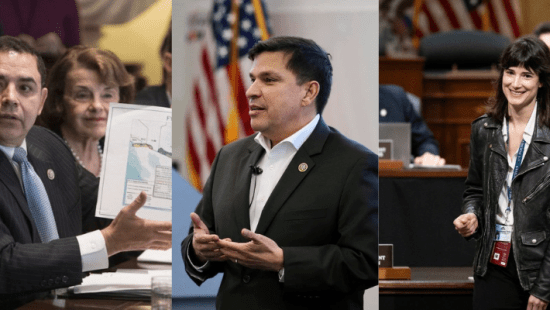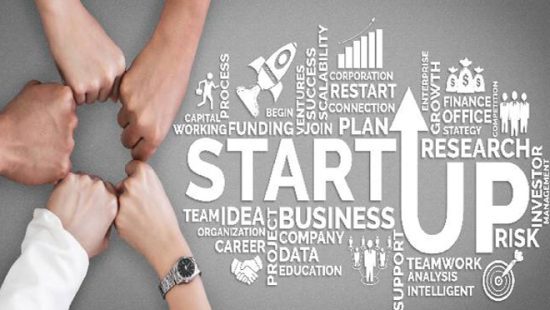Faced with the water crisis, the drought and the campaigns that promote the reduction of its use, the precious liquid has increased in price, leaving hundreds of thousands of families in the uncertainty of paying their water bill or eating.
Latino and Black communities have been hit the hardest, with higher average debt. About half a million account holders had their water shut off for unpaid bills in 2019, according to state data.
California lawmakers voted overwhelmingly Monday and Tuesday to offer assistance: A bill that creates a new state program to help low-income Californians like Díaz pay their water and sewage bills is now expected to be sent to Gov. Gavin Newsom for his signature, according to the website Calmatters.com.
The program would be the only one of its kind in the country, said Greg Pierce, director of UCLA’s Human Right to Water Solutions Lab, who has consulted on water affordability for state regulators. “A program of this scale, run by the state or the feds — this would be unique,” he said.
Last year a Department of Finance analysis reported that administrative costs for a $100 million assistance program would reach $1.9 million the first year and $1.5 million the next year. But the bill has changed multiple times since then so the costs will differ.








